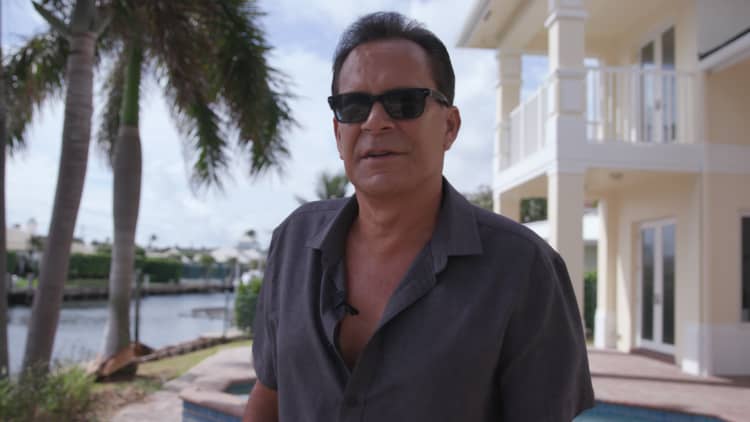Earlier this year, Edward Siedle received the last chunk of his $68 million reward for blowing the whistle on wrongdoing by J.P. Morgan Chase. It was one of the largest awards ever given by the Securities and Exchange Commission and the Commodity Futures Trading Commission.
Siedle has spent the past 30 years providing the SEC with his findings from various forensic investigations. He has created a unique business model identifying fraud.
The SEC whistleblower program was started after missteps by the agency were exposed in 2008.
A whistleblower by the name of Harry Markopolos had tried to get the attention of the commission for a decade. He was trying to expose Bernie Madoff, the mastermind behind one of the most infamous Ponzi schemes in history. But, according to Markopolos, the commission ignored him.
The SEC's inability to protect investors spurred an internal investigation and eventually a whistleblower program was launched in 2010. The SEC now provides financial awards ranging from 10% to 30% of the total recovery to whistleblowers in hopes of inspiring more people to come forward.
Since the program's inception, 66 whistleblowers have helped the government recover $2 billion. In return, they've received $387 million for their contributions. And while the program has had some successes, the bounty and other parts of the program are under threat.
Watch the video above to find out more about Siedle, who currently has two ongoing claims with the SEC and hopes to file another one soon, and to learn more about the SEC whistleblower program.
Also watch:
• Why au pairs make $4.35 per hour
• How the U.S. lost its energy independence



